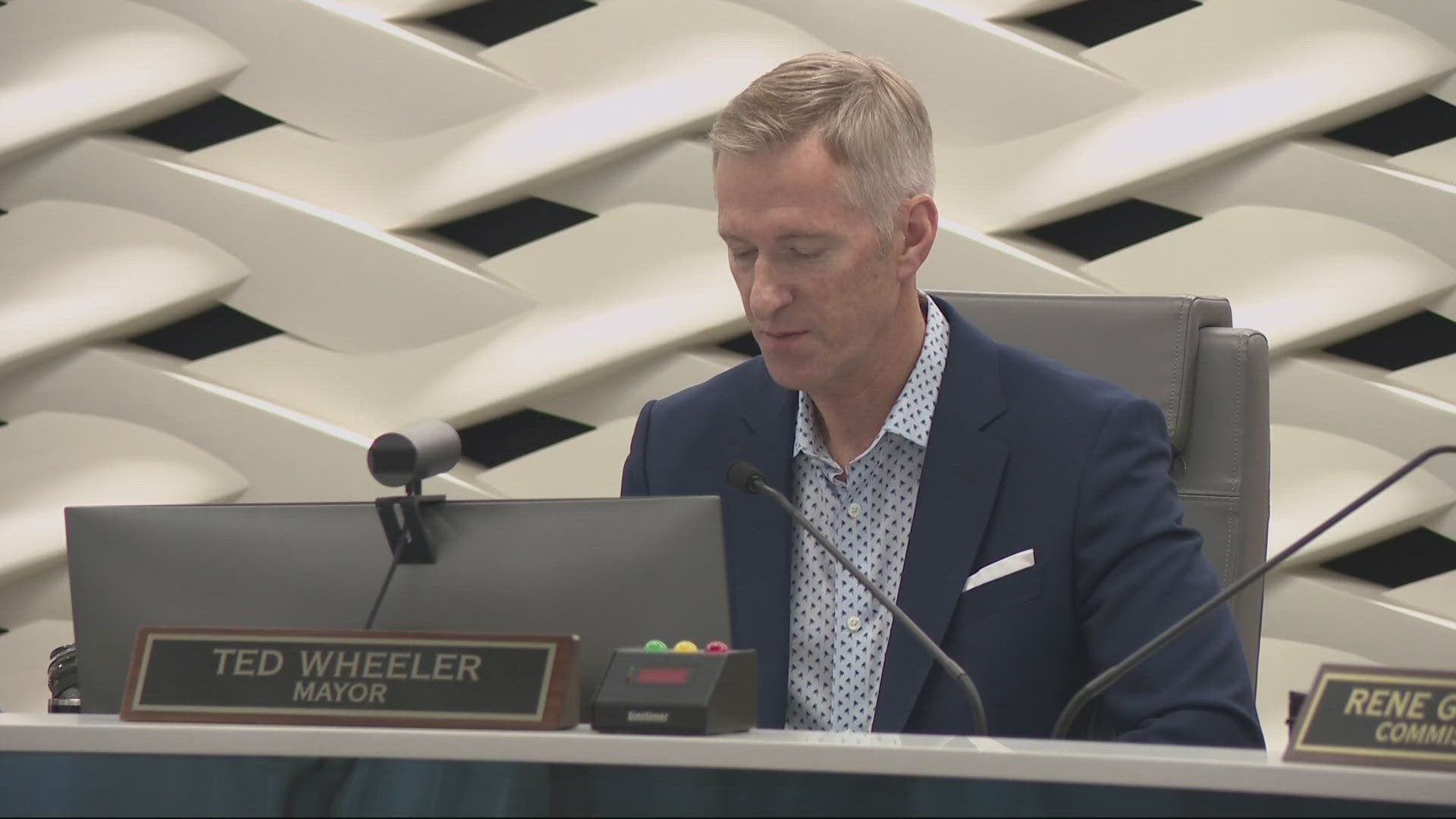SALEM, Ore. -- Sen. Elizabeth Steiner Hayward, a family physician who led the charge for strengthening Oregon's school immunization law, will no longer pursue the legislation, a staffer said today.
Senate Bill 442, which has had one public hearing and attracted national attention, would have eliminated religious and philosophical exemptions from school shots. Only medical exemptions would have been allowed.
Oregon's nonmedical exemption rate for kindergartners is the nation's highest, at 7 percent. It's a number that has been steadily rising since 2000.
"After much careful consideration, Sen. Steiner Hayward has decided to no longer pursue this legislation," the Beaverton Democrat's chief of staff, Paige Spence, wrote in an email. "She is disappointed that the conversations have largely revolved around who is right or wrong about science and the benefits vs. risk of vaccines, rather than about the health and well-being of Oregon's children."
While the bill had strong support from public health and medical leaders, including Oregon Health & Science University, Oregon Medical Association and Providence Health & Services, a vocal group of parents who either delay or avoid vaccines for their children has been active in opposing the bill.
While many are concerned about vaccine safety, some opposed the bill on grounds of medical freedom and parental autonomy.
At one point, discredited researcher Andrew Wakefield, whose recanted study first raised the hypothesis that the measles, mumps, rubella vaccine might be associated with autism, planned on testifying before the Senate health care committee. Robert F. Kennedy Jr., who wrote a book about a mercury-containing preservative in some vaccines and suggests that it is associated with autism, visited Salem last week to lobby Oregon lawmakers.
Both Wakefield's and Kennedy's claims are not supported by science, according to the U.S. Centers for Disease Control and Prevention.
The "No on Senate Bill 442" campaign also rallied Monday at the Capitol steps, attracting more than 150 people.
Meanwhile, a Portland blogger started an online campaign supporting SB 442 and gathered more than 1,400 signatures in one week.
Sen. Tim Knopp, R-Bend, who led the opposition at the Legislature against SB 442, said letting the bill die is the "right thing to do."
He said while the debate was focused on Oregon's nonmedical exemption rate, he wanted to distinguish that figure from the vaccination rate. He said because exemptions don't necessarily mean children included in that statistic are completely unvaccinated, there doesn't seem to be an emergency.
"Ultimately, we probably need to review whether or not Oregon needs a constitutional amendment to make sure parents are in control of their kids' health care," Knopp said.
Portland pediatrician and Children's Health Alliance's medical director Dr. Jay Rosenbloom said while he was disappointed by how the debate around the legislation unfolded in Oregon, it wasn't atypical.
The vocal minority is loud and organized, while the majority tends to stay silent, he said. But legislators should remain focused on public health and vote based on sound science, he said.
"Mississippi and West Virginia have proved to us that legislation like this can work," Rosenbloom said. "This wasn't groundbreaking legislation. The problem lies in convincing legislators of what the science says about the safety of vaccines, rather than having this be a debate amongst constituents.
"Scientific facts are not established based on a popular vote. This is not an opinion vote."
Rosenbloom said while getting rid of nonmedical exemptions might not be a political possibility, he hopes there's another way to get the rising underimmunization rates under control.
"What none of us want to see is a massive outbreak in a lowly vaccinated community that leads to death or disease," Rosenbloom said. "We don't want them to learn the hard way."
Here is the rest of Spence's statement regarding Steiner Hayward's decision to back off SB 442:
"She strongly believes that making personal choices such as whether or not to vaccinate children are largely a matter of privacy, but – as with all matters of personal choice – we have to be certain that our choices don't impinge on our neighbors' health and well-being. She remains concerned about working to increase protections to people living with cancer, auto-immune disorders, and those who are simply too young to receive vaccines. She will continue to work hard to pursue legislation positively impacting all Oregonians, especially children."
This story will be updated as more information becomes available.


